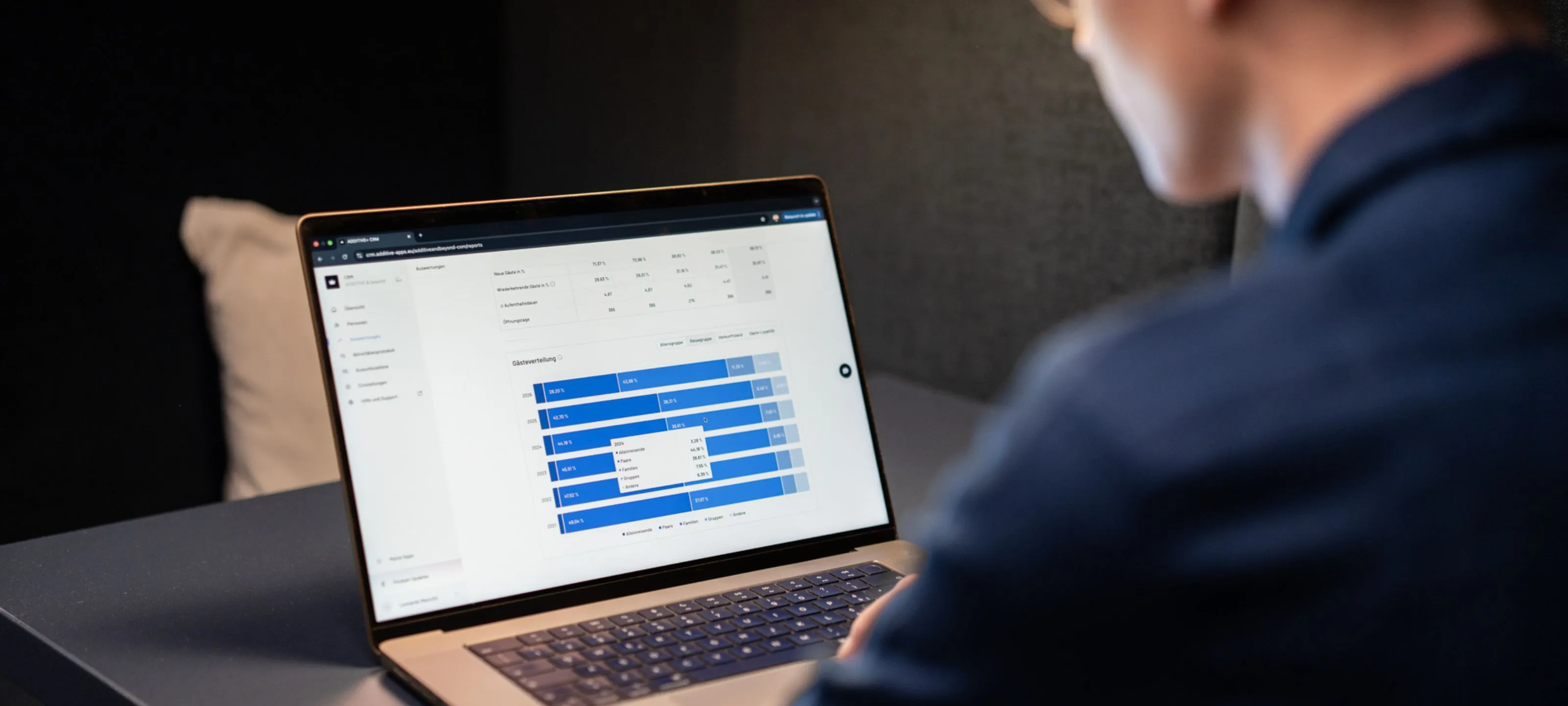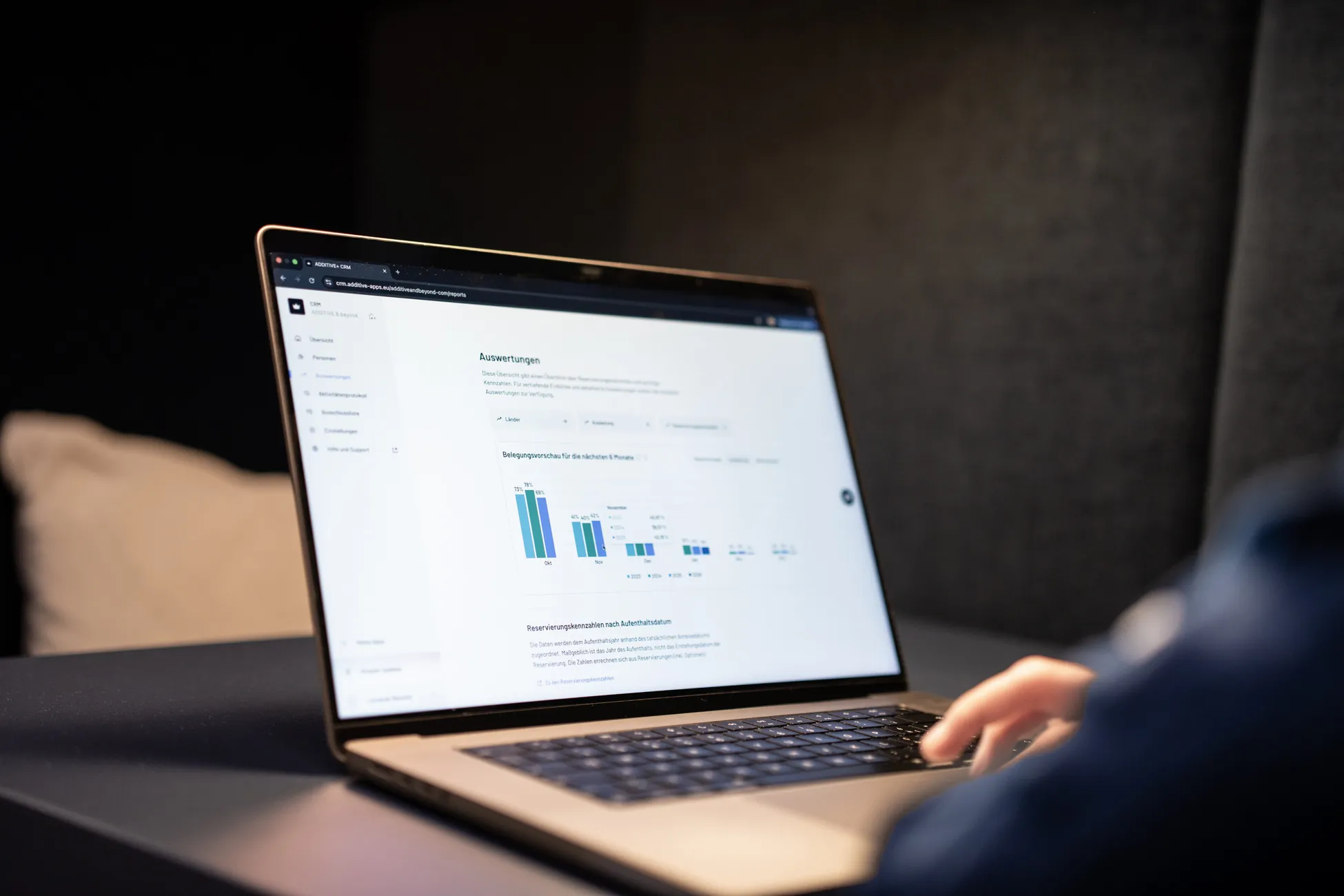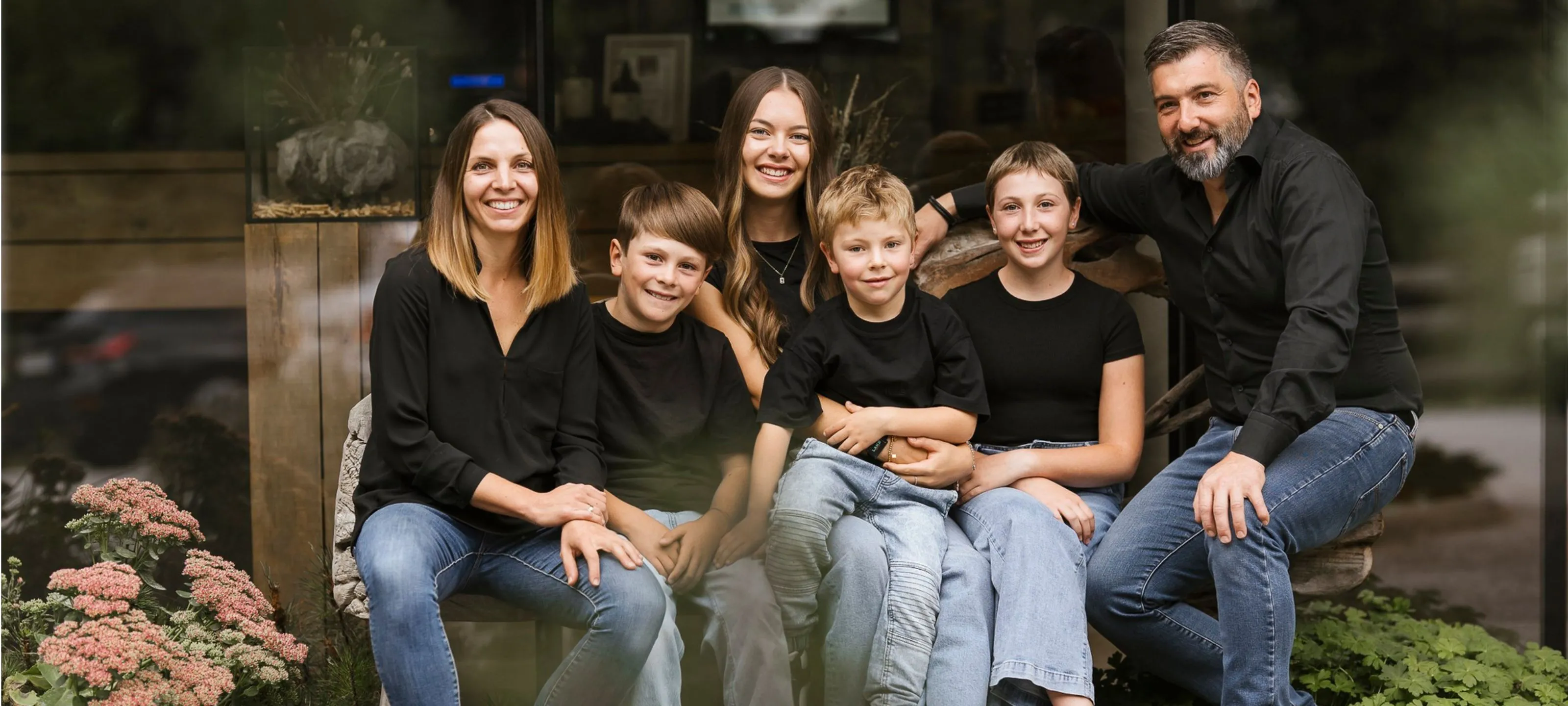
The Top 5 Hotel Voucher Types

Vouchers are an effective marketing tool for hotels — versatile and profitable. Discover the five most important types of vouchers that you can use to target your guests, promote sales and strengthen customer loyalty.
The benefits of voucher marketing
Selling vouchers is an easy way for hotels to generate additional revenue. The five types shown are essential for any hotel. Using a professional voucher tool (or voucher software), the buyer independently selects the desired voucher, pays online, and the voucher is automatically configured, sent, and managed. Marketing and front desk staff do not have to do anything, and the hotelier receives additional revenue without additional effort. Efficient and targeted voucher marketing requires creativity in the creation of the offer.
To ensure that as many people as possible purchase hotel vouchers, they must be attractive not only visually, but also in terms of the composition of the services they contain. The more a voucher meets the buyer's needs and interests, the higher the likelihood of a sale. For example, if the potential customer is looking for a gift for Mother's Day, a package specifically designed for the occasion will certainly be preferred to a general value voucher. Efficient and targeted coupon marketing requires creativity in the design of the offer.
The following five different types of vouchers provide the basis for a varied range of vouchers in hotel marketing.
The five most important voucher types
Value Vouchers
The value voucher is purchased by the buyer at full price and can be exchanged for any product or service. Depending on the hotel's offer, the value can be freely chosen by the buyer or selected from different amounts. This type of voucher offers the greatest flexibility to the buyer, as it can be redeemed for any service offered by the hotel.
Service and Product Vouchers
The service or product voucher is also sold at full price like the value voucher, but is limited in its redeemability to a specific product or service offer. This pre-selection makes the voucher more personalized and targeted to the buyer's personal interests and needs. For example, this category includes lodging vouchers, where the buyer can choose the type of room and the length of stay. But also culinary or wellness vouchers should not be missing in the voucher shop of a hotel. After all, these are particularly popular gift ideas among the local population. The more creatively and specifically the services are combined, the higher the unique selling proposition and the higher the guest satisfaction.
Occasion-Based Vouchers
Using general or hotel-related events as occasions is a proven and valuable way to target voucher marketing. It is important that the reason is understandable to the guest. Based on holidays, new openings and other events, different coupon promotions can be offered throughout the year. If the services contained in the voucher are selected and arranged according to the occasion, a unique experience develops for the guest, which he would not receive in this form with a classical stay in the hotel. For example, a romantic Valentine's Day voucher that includes a hot air balloon ride and a private candlelight dinner makes for a very special vacation. The more creative and specific the combination of services, the greater the differentiation and guest satisfaction.
Discount Vouchers
Vouchers that are sold at a lower price than their actual value are a great way to incentivize bookings. For example, guests purchase a spa voucher worth 100 Euros for 80 Euros. Discounts in Euros (e.g. -20 Euros) lead to a better conversion rate than percentage discounts (e.g. -20 percent) because the price advantage is immediately apparent to the buyer. Such offers are particularly useful for the hotelier if they are targeted to generate additional revenue. For example, guests who have already vacationed at the hotel may be encouraged to return, or guests who receive a spa voucher on site may increase their consumption.
Limited Vouchers
Exclusivity and artificial scarcity increase the appeal of vouchers to consumers. Hotels target this in three ways:
Unlock codes: Only those with an activation code can access the voucher. This allows the voucher to be distributed to specific target groups.
Time: The voucher is only available or redeemable for a limited period of time.
Quantity: The number of vouchers is limited. Interested parties are encouraged to act quickly to take advantage of the offer (example: 100 vouchers for an extra early bird discount).
Conclusion
Nearly every hotel offers vouchers. Those who think about creating attractive offers and unique vacation experiences in addition to the "classics" such as value and accommodation vouchers will significantly increase the likelihood of sales. At the same time, vouchers should never lead to price dumping, but should create special value for the consumer. With the different types of vouchers, there are many possibilities for a varied and target-group-oriented voucher marketing that increases hotel sales.









.webp)



